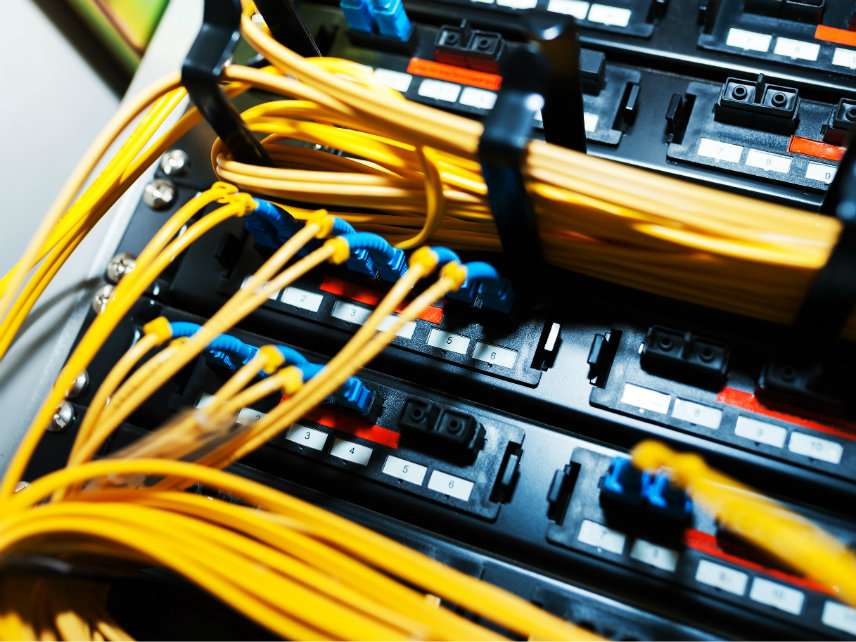Senate Votes to Halt Net Neutrality Repeal
Today's vote is a mostly symbolic victory for supporters of the Obama-era internet regulations.

Today the Senate voted 52–47 to block the Federal Communications Commission's repeal of "net neutrality" regulations.
The FCC's net neutrality rollback—known as the Restoring Internet Freedom Order and approved in December of last year—overturned Obama-era rules that placed tight restrictions on internet service providers' ability to slow or speed up content, and to charge users for faster speeds. The repeal is supposed to go into effect on June 11.
Three Republicans—Susan Collins of Maine, Lisa Murkowski of Alaska, and Joe Kennedy of Louisiana—crossed the aisle to vote with all 49 Senate Democrats. The resolution now goes to the House of Representatives for approval.
Net neutrality proponents are hailing the vote as a major win. "This is a key step toward preserving a fair & open Internet," tweets Sen. Jack Reed (D–R.I). Sen. Ed Markey (D-Mass.) calls it "an historic victory."
But the vote is largely symbolic. The GOP's 42-seat majority in the House all but ensures that the Senate's resolution is dead on arrival. A similar resolution to reinstate net neutrality rules was introduced in the House in February but has languished in committee ever since.
In addition to these congressional efforts, 23 state attorneys general have sued the FCC in an attempt to reimpose net neutrality regulations. A number of states have also passed their own legally dubious net neutrality laws.
Reason's Nick Gillespie has been a vocal proponent of doing away with the Obama-era regulations, writing in April that the problems the regs were meant to prevent "only rarely and sporadically happened before the imposition of such rules and were easily remedied without giving the government enormous power to dictate business practices." Should net neutrality go the way of the dinosaur, Gillespie predicted, "the internet will continue to improve, both in terms of the speed of connection and the range of content, applications, and experiences we'll be accessing."
Rent Free is a weekly newsletter from Christian Britschgi on urbanism and the fight for less regulation, more housing, more property rights, and more freedom in America's cities.


Show Comments (116)